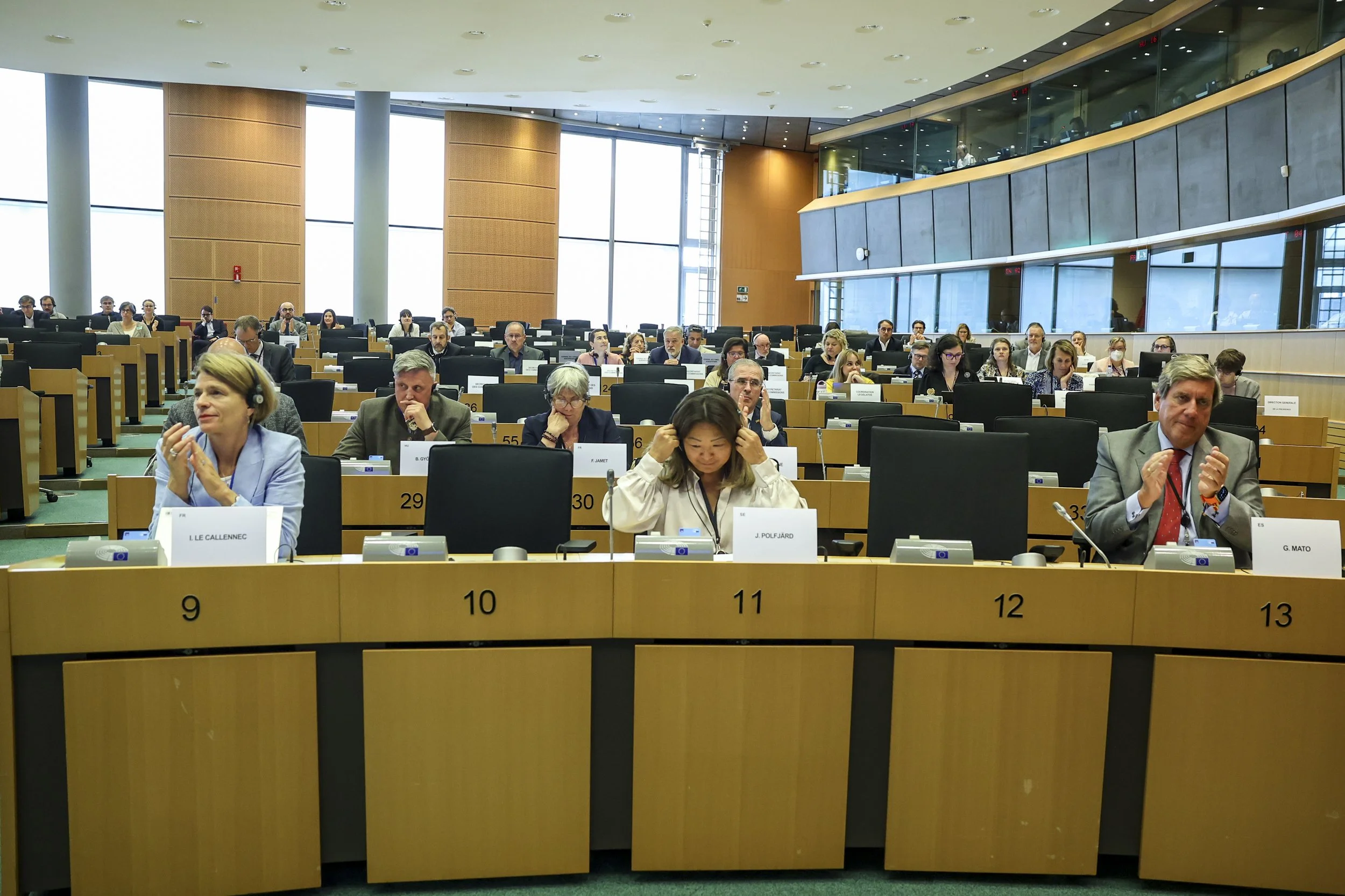The Langue de Barbarie Artisanal Fishers Association from Saint Louis, together with the NGO Lumière Synergie pour le Développement (LSD), have placed a complaint against two companies, British Petroleum (BP) and Kosmos Energy (KE), for non-compliance with the OECD Guidelines for Multinational Enterprises.
The two organisations accuse BP and KE of failing to exercise human rights due diligence in the development of their Great Tortue Ahmeyim (GTA) gas field project, which spans over the border between Senegal and Mauritania and is one of the largest energy projects in Africa. They point out the shortcomings of the BP environmental impact assessment, deemed superficial and incomplete, and the lack of engagement with the affected communities, whose livelihoods depend on fishing.
Fishing accounts for 3.2% of Senegal’s GDP and for 12% of the GDP of the Saint-Louis region. Fishers from the Langue de Barbarie, a thin sandy peninsula in the neighbourhood of Saint Louis, denounce that BP and KE have placed their platform on top of a coral reef which is home to many of their target species, including sea bream, pageot and grouper. Moreover, they denounce that, while the companies told them to stay 500 m from the platform for their security, in practice, the Senegalese navy has sometimes forced them to stay more than 6 kilometres away from the facilities. Some fishers have been threatened, and there has been cases of destruction of fishing gear, including the collision between the navy and a pirogue in February 2023.
The complainants also highlight that since the start of the GTA project, a scientific research campaign has gathered more information about the ecosystems of the area around the gas field. Two parallel chains of deepwater coral reefs extend over around 400 km approximately 50 nm from the Mauritania and Senegal coasts and are a breeding ground to several species (see map below). They further note that scientists have been sounding the alarm in Mauritania about the impacts on the deepwater coral reefs of the offshore gas platform and pipeline.
Mauritania's hard-bottom coral wall, the GTA project and the activities of European trawlers. Click on the image to see the full screen. Sources: IMROP, Mongabay, Report of the JSC. Design by Esther Gonstalla.
In the complaint text, LSD and the fishers association cite the OECD Guidelines, which call companies to not infringe human rights and to “avoid causing or contributing to adverse impacts […] and address such impacts when they occur.” Companies are also supposed to “engage meaningfully with relevant stakeholders or their legitimate representatives as part of carrying out due diligence and in order to provide opportunities for their views to be taken into account.” Furthermore, the Guidelines note that “where there are threats of serious or irreversible damage to the environment,” the companies should “not use the lack of full scientific certainty or pathways as a reason for postponing measures to prevent or minimise such damage.”
The complaint has been placed to the National Contact Points for Responsible Business Conduct (NCPs for RBC) of the UK and the US, where the companies are from. These NCPs for RBC are agencies established by governments to promote the OECD Guidelines for Multinational Enterprises and that can handle cases such as this one through a non-judicial grievance mechanism. What LSD and the fishers’ collective expect is that the NCP uses its “good offices to compel” the companies to comply with the Guidelines and exercise due diligence.
Banner photo: Fishers in Fass Boye landing site (Senegal), an illustration photo by Agence Mediaprod.







The Cypriot commissioner-designate faced the questions of the European Parliament fisheries committee (PECH) regarding the strategic framework which should bring coherence among ocean-related policies, including the Common Fisheries Policy. PECH backed him for his future mandate.